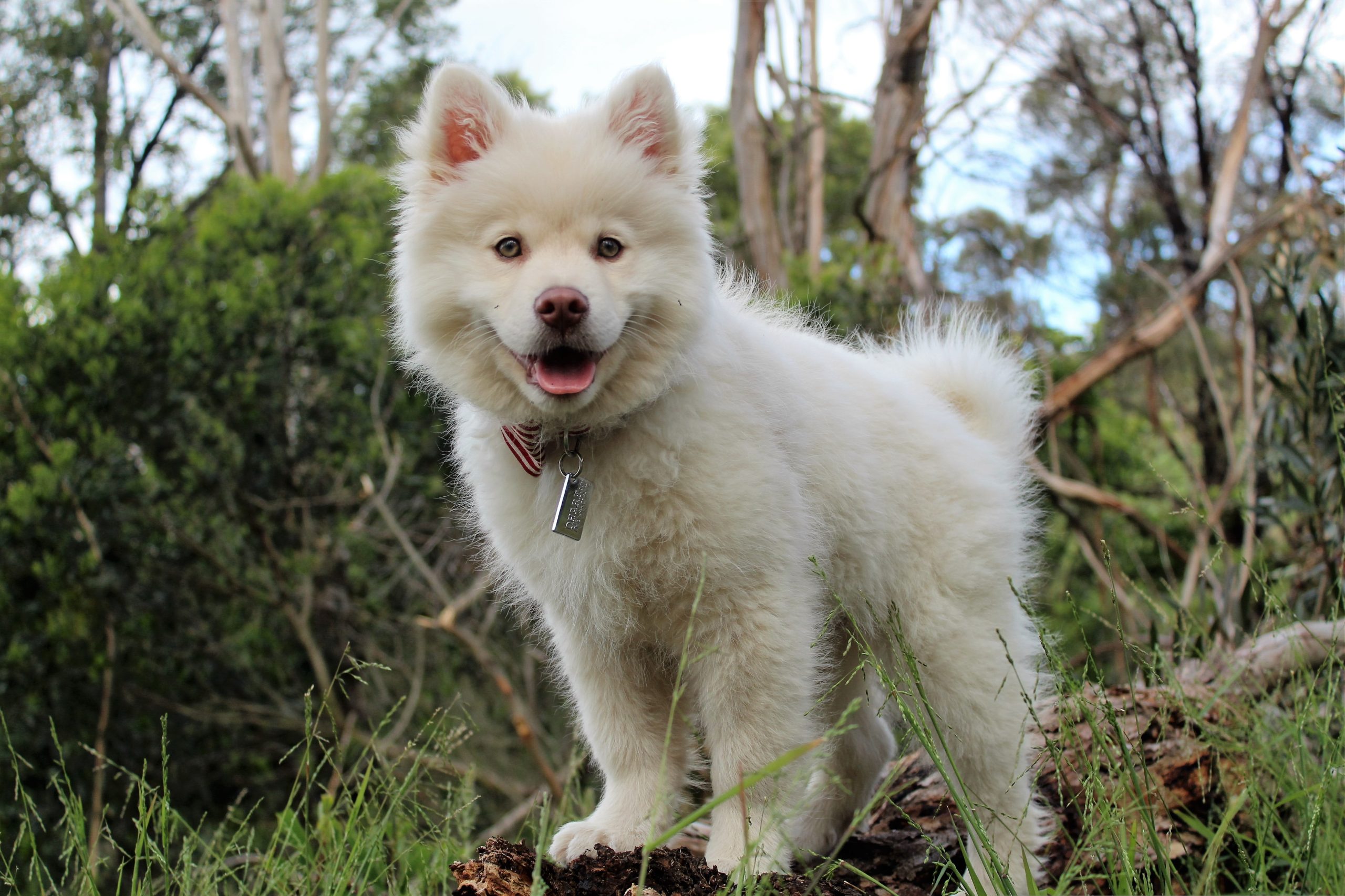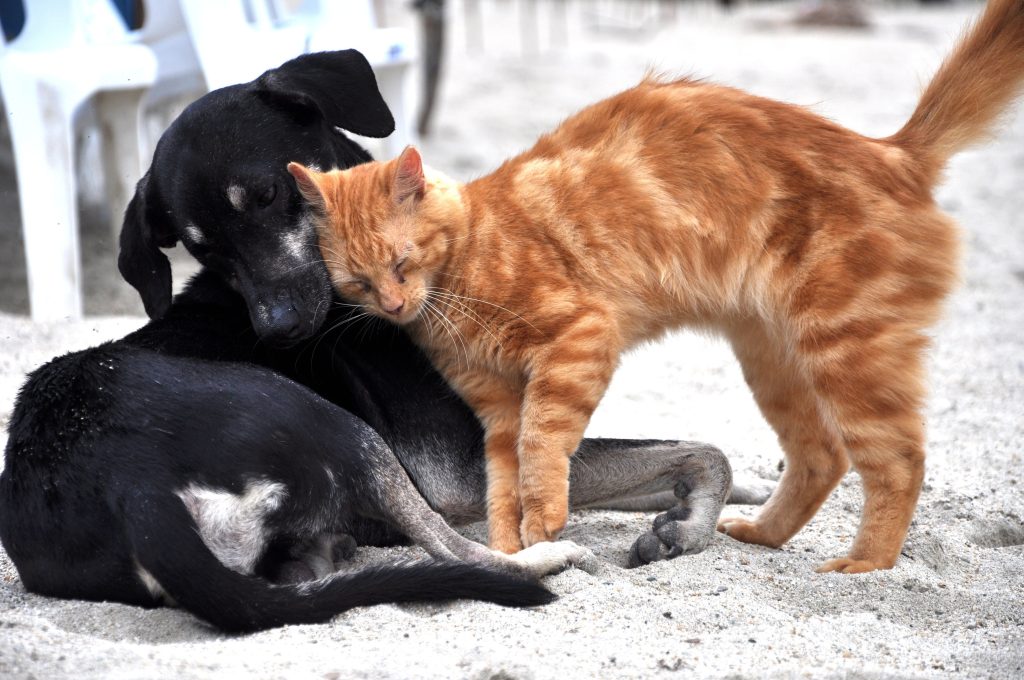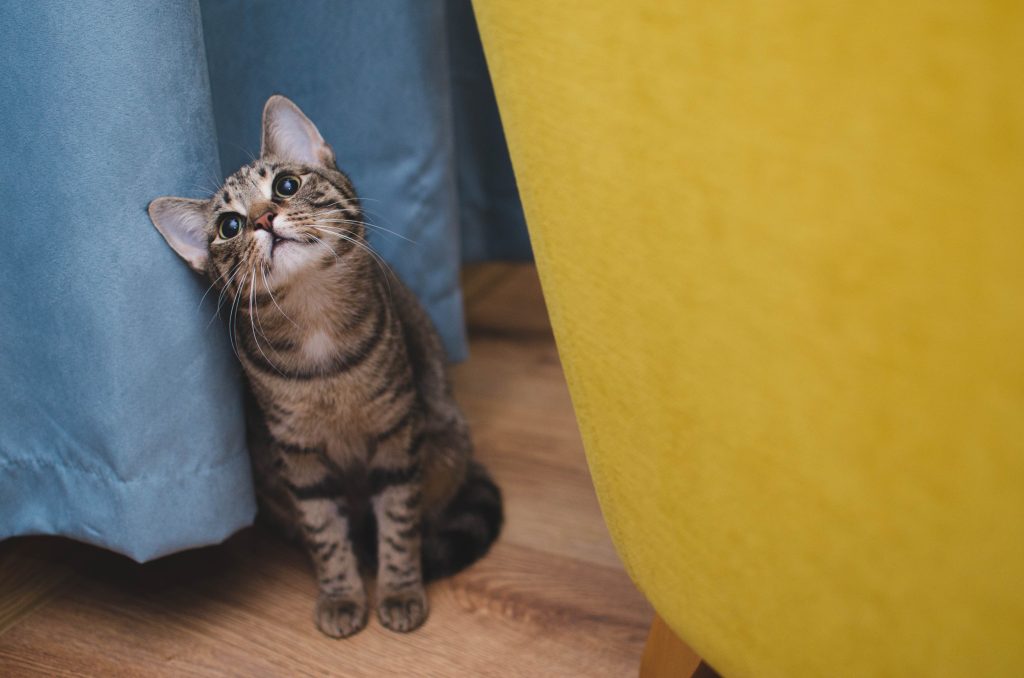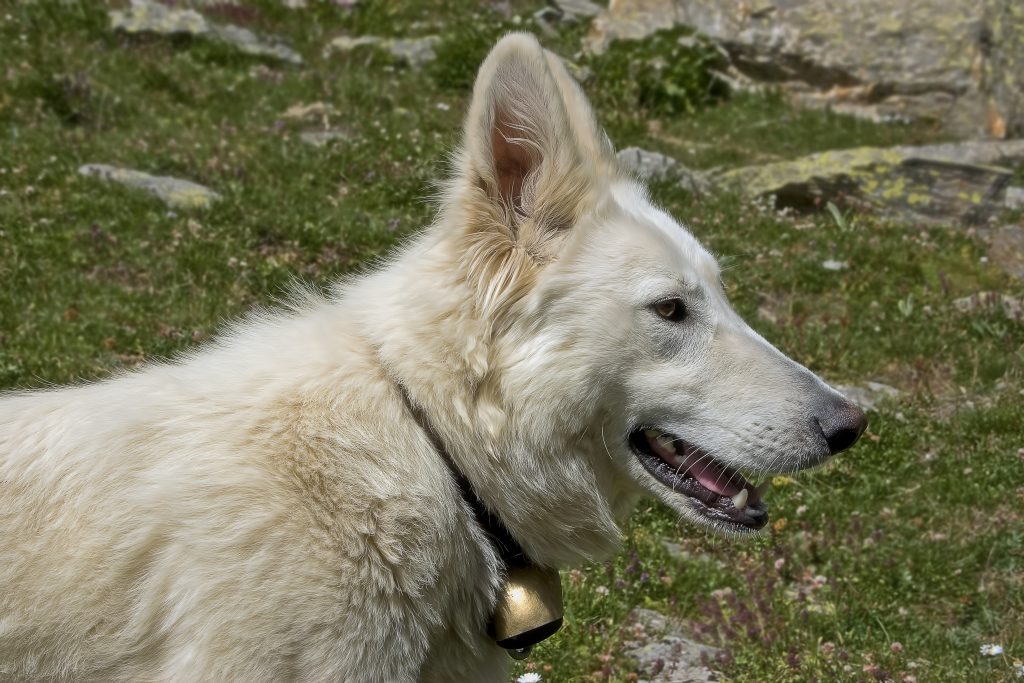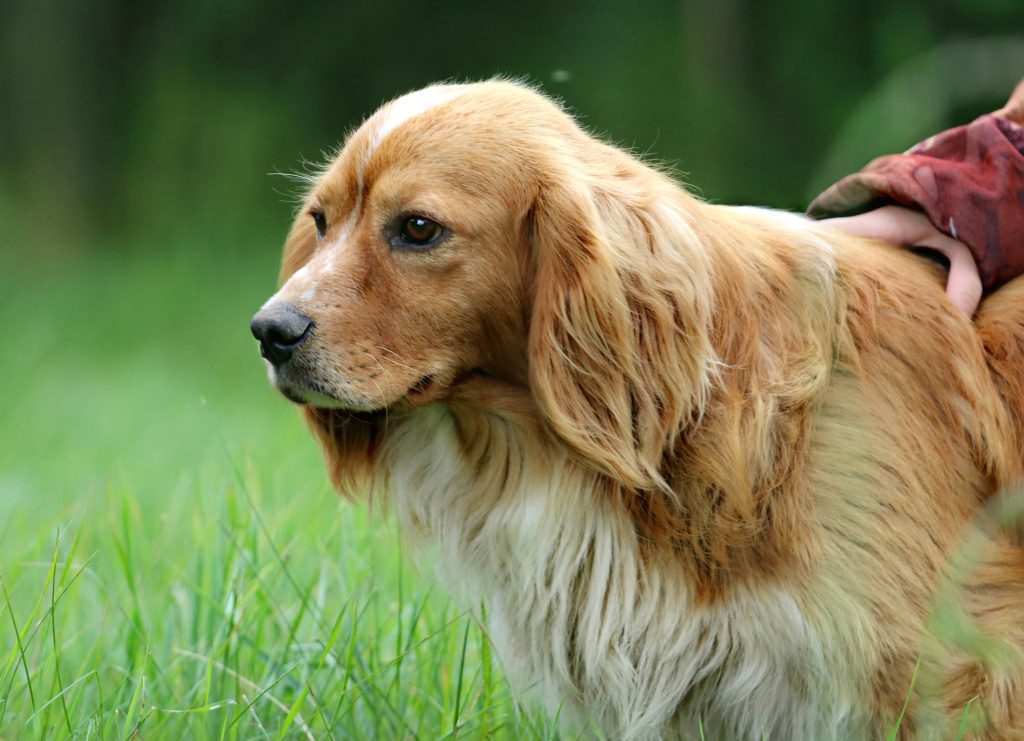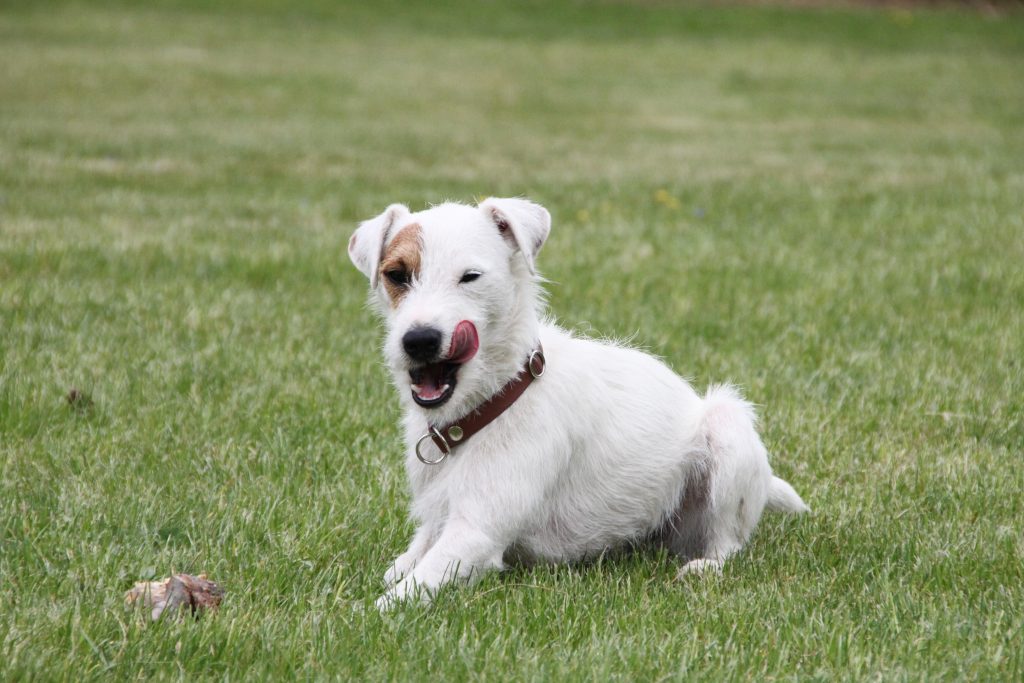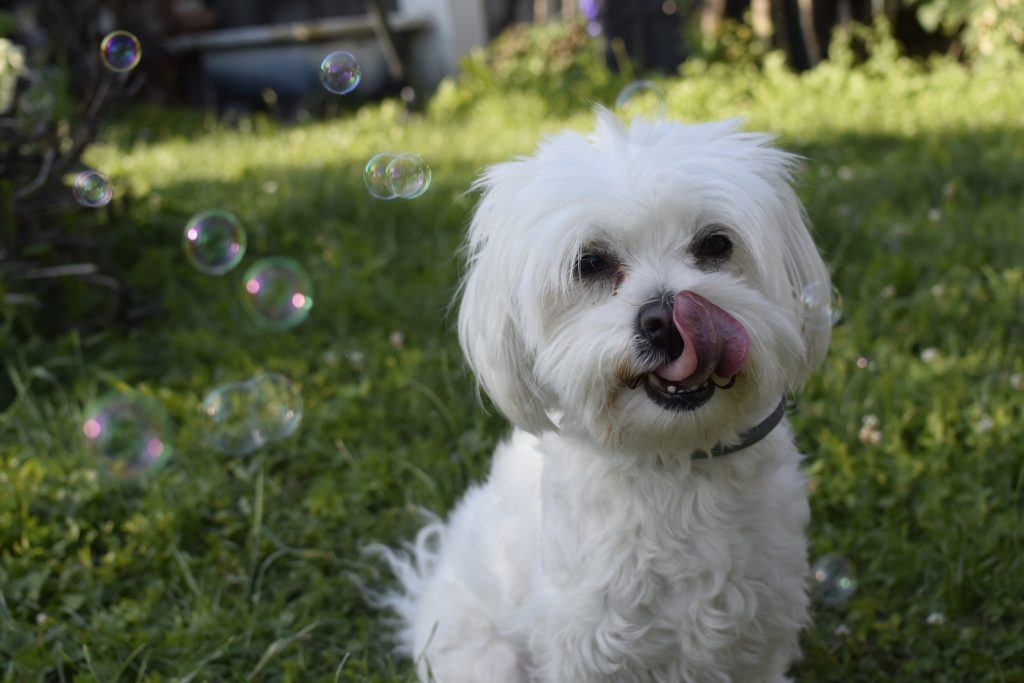Cholangiohepatitis is a complex inflammatory condition affecting the biliary system and liver in cats. This disease involves inflammation of the bile ducts and the surrounding liver tissue. It is one of the most common liver diseases in cats and can occur in acute or chronic forms. The condition is often part of a larger syndrome known as feline triaditis, which also includes pancreatitis and inflammatory bowel disease. Cholangiohepatitis can affect cats of any age, breed, or sex, but middle-aged to older cats are more commonly diagnosed. The exact cause of cholangiohepatitis is not always clear, but it is believed to have multiple contributing factors. These may include bacterial infections ascending from the intestines, immune-mediated reactions, or other underlying health issues that affect the liver and biliary system. The disease can be classified into three main types: neutrophilic (acute), lymphocytic (chronic), and chronic non-suppurative. Each type has distinct characteristics and may require different treatment approaches.
Signs and Symptoms:
The signs and symptoms of cholangiohepatitis in cats can vary widely depending on the type and severity of the condition. In acute cholangiohepatitis, symptoms often appear suddenly and can be severe. Cats may exhibit high fever, lethargy, and a marked loss of appetite. Vomiting and abdominal pain are common, and some cats may appear jaundiced, with a yellowish tinge to their skin, gums, and the whites of their eyes. Acute cases may also present with dehydration and, in severe instances, mental depression or even collapse. Chronic cholangiohepatitis, on the other hand, tends to have a more insidious onset with subtle, progressive symptoms. Affected cats may show intermittent episodes of lethargy, decreased appetite, and weight loss over time. Some cats may have episodes of vomiting or diarrhea, while others might show increased thirst and urination. Jaundice can also occur in chronic cases but may be less pronounced than in acute forms. Abdominal enlargement due to liver inflammation may be noticeable in advanced cases. It’s important to note that some cats with chronic cholangiohepatitis may not show obvious symptoms for extended periods, making regular veterinary check-ups crucial for early detection. Additionally, because cholangiohepatitis is often associated with other conditions like inflammatory bowel disease or pancreatitis, cats may exhibit symptoms related to these concurrent issues, such as chronic digestive problems or abdominal discomfort.
Treatment Advice:
Treatment for cholangiohepatitis in cats is tailored to the specific type of the disease (acute or chronic) and the individual cat’s condition. In acute cholangiohepatitis, which is often associated with bacterial infection, aggressive antibiotic therapy is typically the mainstay of treatment. Broad-spectrum antibiotics are usually administered initially, with adjustments made based on culture and sensitivity results if available. Supportive care is crucial and may include intravenous fluid therapy to correct dehydration and electrolyte imbalances, anti-nausea medications, and pain management. In severe cases, hospitalization may be necessary to provide intensive care and monitoring. For chronic lymphocytic cholangiohepatitis, which is thought to have an immune-mediated component, treatment often involves immunosuppressive drugs. These medications help to reduce inflammation in the liver and biliary system. Antibiotics may also be prescribed if a bacterial component is suspected. Regardless of the type, supportive liver care is an important aspect of treatment. For cats with concurrent conditions like inflammatory bowel disease or pancreatitis, additional treatments specific to these conditions may be required. Treatment duration can vary, with some cats requiring long-term or even lifelong management.
Preventive Measures:
While it’s not always possible to prevent cholangiohepatitis in cats, there are several measures that can help reduce the risk or catch the disease early. Regular veterinary check-ups are crucial for early detection of liver abnormalities. These should include physical examinations and, when appropriate, blood tests to assess liver function. Maintaining a healthy diet is important for overall liver health. High-quality, easily digestible cat food can help support the liver and digestive system. Obesity can strain the liver, so keeping your cat at a healthy weight through proper diet and exercise is beneficial. Ensuring your cat stays well-hydrated by providing fresh, clean water at all times can help support liver function. Minimizing exposure to toxins that can damage the liver is important. This includes keeping harmful substances like certain plants, chemicals, and human medications out of your cat’s reach. While genetic factors may play a role in some cases of cholangiohepatitis, responsible breeding practices that screen for hereditary liver conditions can help reduce the incidence of the disease in certain cat populations.
Conclusion:
Cholangiohepatitis in cats is a complex and challenging liver disease that requires careful diagnosis and management. Its variable presentation and potential for both acute and chronic forms make it a condition that demands vigilance from both cat owners and veterinarians. While the disease can be serious, advancements in veterinary medicine have improved our ability to diagnose and treat cholangiohepatitis effectively. The key to successful management lies in early detection, appropriate treatment, and ongoing monitoring.With proper care, many cats with cholangiohepatitis can achieve good quality of life and long-term management of their condition.


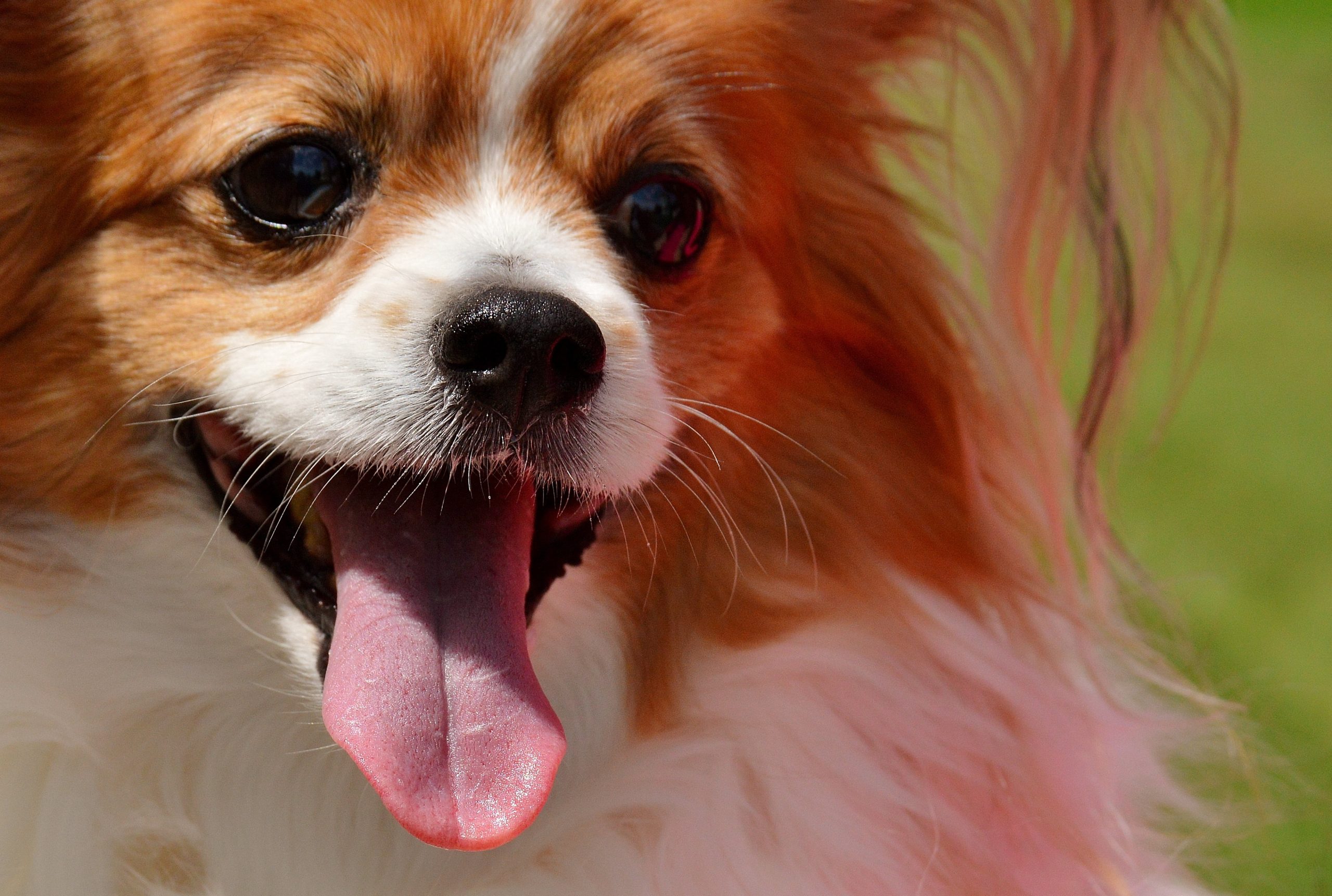
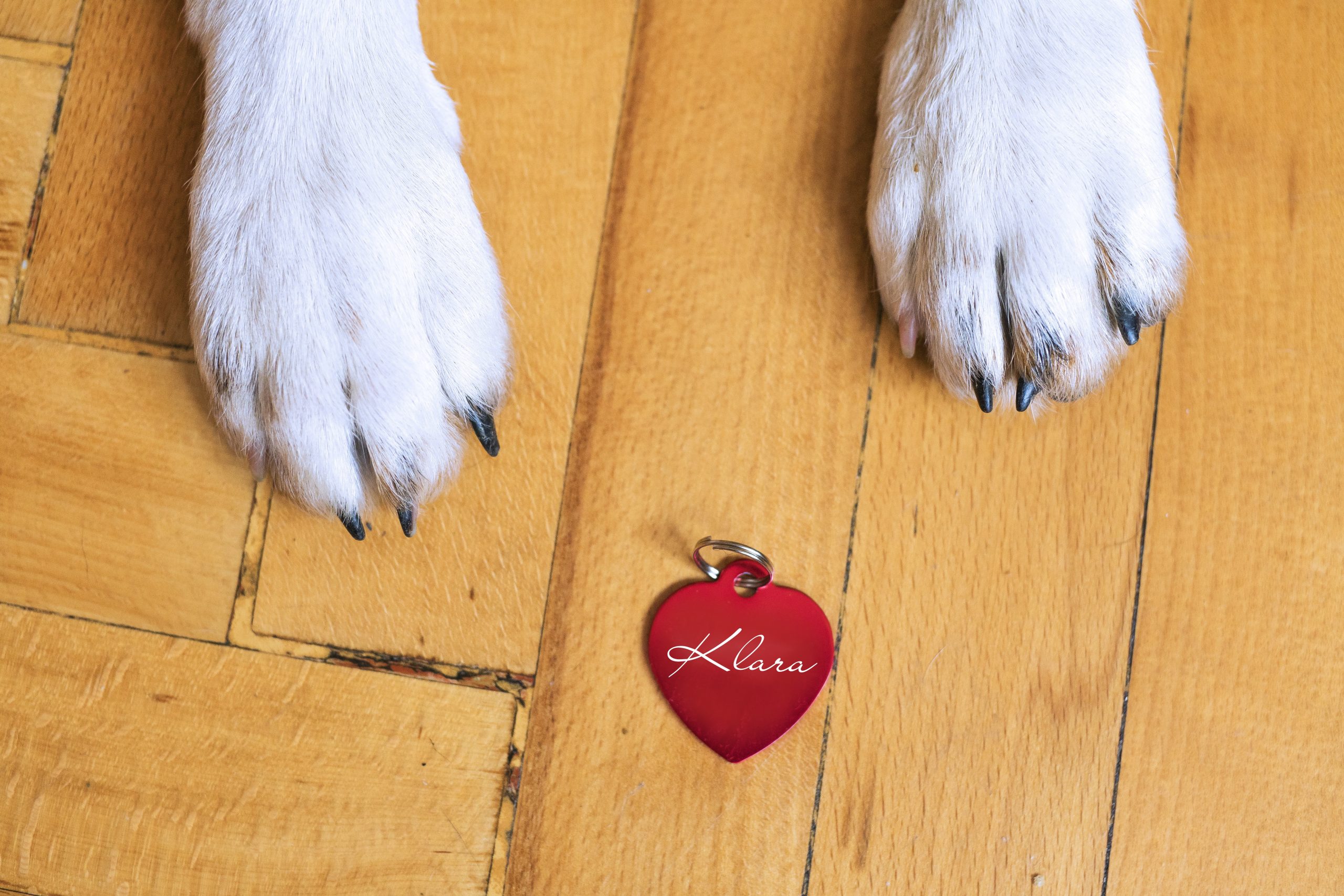
 Unlimited access and follow ups for continuous pet care
Unlimited access and follow ups for continuous pet care 